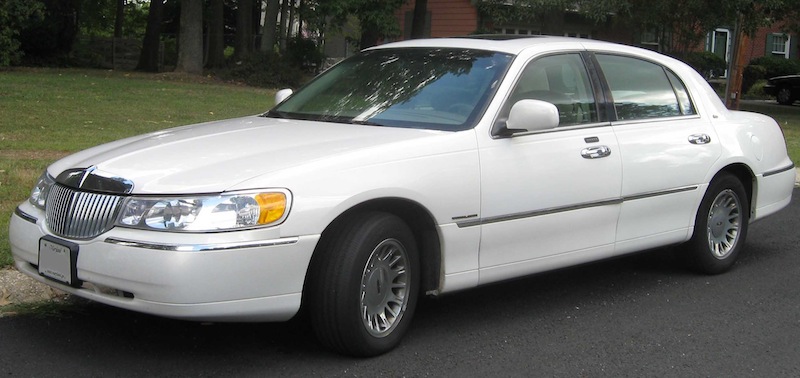In the span of four short years, Uber usage has gone from 0% to 60% of all rides reported by U.S. Congress members according to data from the Federal Elections Commission analyzed by Hamilton Place Insights.
So far, in 2014, over 2800 Uber rides were contracted by members of Congress and their staff through the app.
So what does this mean in light of revelations that Uber has been publicly discussing how to smear what they perceive as political opponents?
After an Uber vice president talked up the idea of hiring opposition researchers to dig up defamatory information about journalists, there’s very little left to defend about their company’s ethics. (They’ve once again proved they would rather silence critics than make improvements to their brand.)
For a minute, let’s forget about all the violent attacks, problems with business practices, and other controversies swirling around the company.
What does it mean for national security when 60% of Congress is sharing their comings and goings with the app?
What information about travel patterns, appointments, and associates is being handed over, unknowingly? If in-depth data is stored, where is stored? Who has access to it, and how does anyone in government work to protect that information?
The Washington Post explains that Uber doesn’t make any promises with how they use that data. :
Uber’s privacy policy, which users consent to when they download the app, seems to place few specific limits on what it can do with usage data. “We may use Usage Information for a variety of purpose [sic],” it reads, “including to enhance or otherwise improve the Services.”
“It’s a very broad privacy policy,” says Jeffrey Chester, executive director for the Washington, D.C., based Center for Digital Democracy, giving the company “a sort of blanket use of data.”
Although it sounds like the fodder for a futuristic spy novel, the truth is that the era of big data is here. Is it really implausible to imagine that a spy, or or other malignant actor could easily go sign up to be an Uber driver? (All they need to do is have a driver’s license and pass a basic background check. They could pick and choose which calls they want to answer.)
Regardless of how little or much our members of the government choose to understand it, big data is watching us, and them too. Data is being aggregated, and analyzed by every ride-sharing app, including Uber.
It’s probably going to be sold somewhere down the line, too.
Uber already uses that data to predict the trips in the future we are statistically more prone to take.
No reason anybody should get nervous about what they do with that data, right?
Right?
I’m sure the Secret Service will be right on it.

This sounds like this could potentially be dangerous for some very important people in the future. You never know what these places are doing with our data and who could be out there using it. I hope that these companies are being monitored and they have a good security system in place.
Oh, I am sure it will be. There has already been talk on the web about having people spy while using this wanna-be taxi service. It had something to do with journalism but I am sure when you get people from D.C. floating around who knows what someone will think up to spy on them too.
The ability to predict the trips people are prone to take is a very scary thought. Not only is this incredibly invasive, it could endanger people’s lives. You never know when this information could end up in the hands of someone who is unstable.